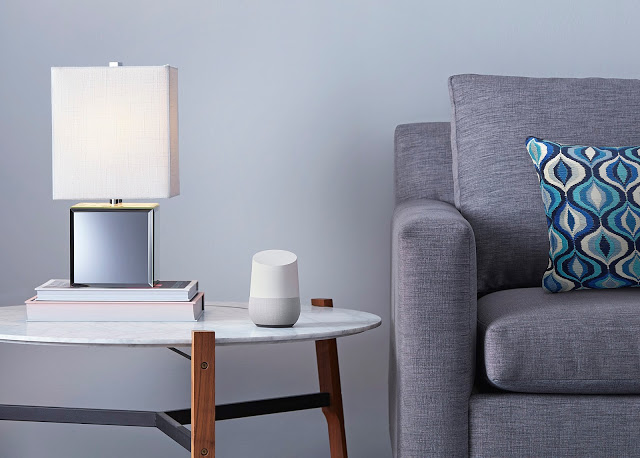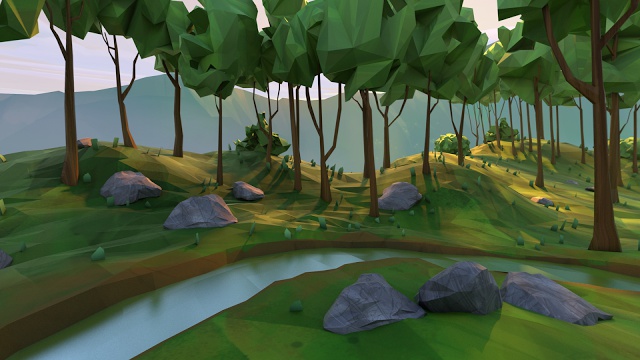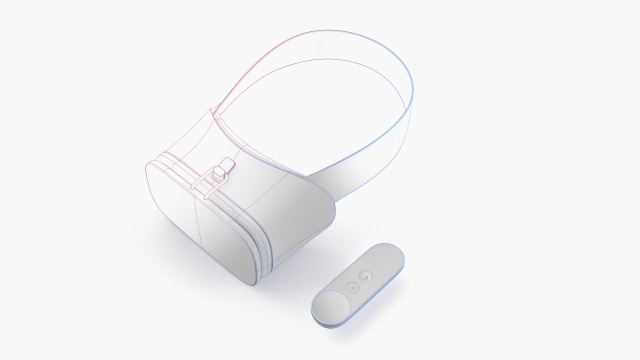Six significant announcements from the first day of Google I/O 2016
By Robin-Leigh Chetty 19 May 2016 | Categories: news
Google I/O kicked off yesterday, and it's one of more anticipated developer conferences that the San Francisco-based company has had in quite some time. The first day did not disappoint, with a number of notable announcements taking place.
The focus on day one was very much on the consumer side of things, with Google debuting a new VR platform, as well as a headset of sorts to match. Added to this was the company's Amazon Echo rival, along with a preview for Android N and Android Wear 2.0. Read on as we recap six of the biggest announcements made and what they mean for consumers.
A closer look at Android
Although Google might not admit it, the I/O developer conference is really all about Android, at least in the past. To date, we've received snippets of information about their yet-to-be christened mobile OS, Android N, but that changed somewhat yesterday, with a deeper look at the OS, along with some of its key features. As a result, larger form factors and gaming will play a significant part in the life of Android N.
The previous version, Android Marshmallow, had a very specific focus on design and multitasking functionality. This time round, Android N was shown putting split-screen functionality to work, something that makes the most sense on tablet, or perhaps a phablet that measures north of 5.5".
Added to this, is the ability to customise and optimise a mobile device's GPU for sharper 3D graphics with a new feature called Vulkan (with a slight nod to Spock). As such, if your device is powerful enough, it could be turned into an even more effective gaming tool.
Android N is currently in beta, and will only exit its status at the start of Q3 this year. While everyone might not have had access to the beta, you could still play a part in the outcome of Android N, with a crowdsourcing site being launched to determine it's name. If we were betting men, we'd go for Nutella.
Say hello to Allo
Along with its latest mobile OS, Google also detailed its full foray into AI. This took the guise of both software and hardware. On the former side, they introduced two new messaging apps. The first is called Allo, and it works much like the Instant Messaging platforms that many Android users are familiar with. What distinguished it is the integration of Google Assistant, an AI feature that works specifically in the context of messages, providing suggestions and answers when prompted.
… and Duo
The other aspect of Google's mobile AI software is named Duo, and it's the company's rival to FaceTime. Designed specifically for video chats, Duo is solely for the purposes of setting up video with one's contacts. As such, it exists outside the realm of conversations on Allo, much like FaceTime does. Whether or not Google might have missed a trick here regarding the integration of voice and text chats, remains to be seen.
This is Google Home
Moving onto the hardware sides of Google's AI plans is Google Home. We recently wrote about the AI-aided speaker, and how its was meant to give Google a competitor for Amazon's Echo speaker. Just like Allo and Duo, Google Home also leverages off of Google Assistant, and has an always-on speaker for users to issue commands or queries. The full extent of this application is unknown at this stage, but it does work in conjunction with Google's Chromecast media player, so it can facilitate media-related requests.

Daydream is Google's answer to VR
Perhaps surprising some I/O 2016 attendees was the announcement of Google's new VR platform called Daydream. The platform hinges off of the Android N operating system and as such features a similar virtual interface that we've seen from the HTC Vive and Oculus Rift. There is currently no actual hardware to accompany it (explained below), but for the moment it remains a sole software solution. It's unclear if it will now usurp the long rumoured Android for VR, but Google has already baked some functionality into it. Specifically for Google apps such as Street View, the Play Store and Play Movies.
For those wishing to try it out, there is a problem. Google says no devices currently have the necessary specifications to run the platform. As such, it will be a waiting game, as devices from the likes of Samsung, HTC, LG (and likely the Nexus brand) will be launched later this year with the necessary processing power and sensors to work with Daydream, according to Google.

VR headset and controller
One of the rumours that circulated prior to Google I/O, was that the company was working on a new VR headset that it would soon be unveiling. Google did indeed unveil a headset, but it was a reference design for a device akin to the Oculus Rift. This was accompanied by a remote, which looked like a mix of the Apple TV remote and Wii controller.
Unfortunately, Google did not detail when this reference design would move from the design screen to real life, but we have a feeling that it might be whenever Daydream makes its fully fledged debut.

Most Read Articles

Have Your Say
What new tech or developments are you most anticipating this year?



